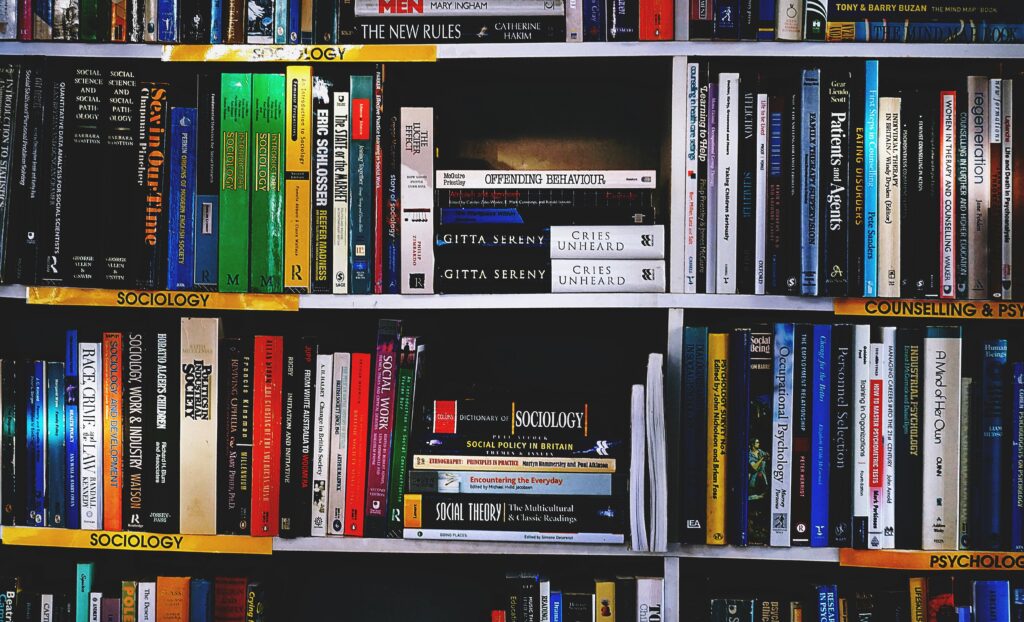In an age of exponential academic competition, career complexity, and rising mental health concerns among students, educational counselling is no longer a luxury — it’s a necessity. From New York to New Delhi, the demand for student counselling services has surged in the past decade. Globally, universities, schools, and private agencies are investing heavily in comprehensive career guidance and mental wellness programs to prepare students not just for grades — but for life.
Yet, in Pakistan, this crucial component of academic success remains woefully underdeveloped and largely misunderstood. While other nations have embraced the guidance revolution, Pakistan is struggling to catch up. Here’s a look into how the world is changing, why educational counselling is at the forefront, and why Pakistan must not be left behind.
Global Trends: Why educational counselling is surging worldwide?
- Increased academic pressure and competition
According to a UNESCO global education report, over 75% of students in high-performing countries report high levels of academic stress by the time they reach high school. This stress is leading more institutions to deploy full-time counsellors to help students balance ambition with emotional well-being. - Changing career landscapes
The World Economic Forum notes that 65% of children entering primary school today will end up working in jobs that do not yet exist. With AI, automation, and global shifts redefining the future of work, students need customised guidance to help them prepare for careers that are flexible, resilient, and forward-looking. - Integration into educational ecosystems
In countries like Canada, Australia, and the UK, educational counselling is not optional — it is integrated within the national education frameworks. The Australian Blueprint for Career Development mandates structured career planning starting from Grade 7. - Focus on mental health
In the U.S., the American School Counselor Association (ASCA) recommends a student-to-counsellor ratio of 250:1, and over 80% of schools are working to meet this standard. The role of counsellors now includes emotional support, mental health first aid, and skill-based coaching.
Pakistan’s Crisis: A nation without guidance
Despite a youth population of over 64% under the age of 30, Pakistan has less than 5,000 certified educational counsellors nationwide. Public schools, even elite private institutions, often lack structured career guidance, let alone mental health support.
The Problems:
- No formal counselling framework
Pakistan lacks a national educational counselling policy. Career advice is often based on anecdotal family suggestions or societal pressures rather than data-backed assessments. - Limited awareness in schools
Even top-tier institutions often conflate educational counselling with admissions help or tutoring. Very few schools offer psychometric testing, personality profiling, or structured career planning sessions. - Misinformation and Myths
Common myths persist:- “Only weak students need counselling.”
- “Marks decide your future.”
- “Engineering or medicine are the only real careers.”
- These outdated mindsets limit potential and breed anxiety.
- Mental health neglect
Pakistan ranks among countries with the highest rates of youth anxiety and depression, yet access to school-based counsellors remains rare. There is a 15:1 million psychologist-to-student ratio in public education systems.
What Pakistan needs- A blueprint for educational counselling reform
To bridge the growing gap between student needs and institutional offerings, Pakistan must urgently institutionalise educational counselling. Here’s how:
1. Policy Integration
Introduce national-level mandates to make educational counselling a core function of all secondary and higher secondary schools, including both public and private sectors.
2. Training and Certification
Universities should offer specialized degrees and diplomas in career counselling, educational psychology, and guidance services. NGOs and think tanks can partner to create fast-track certification programs for teachers.
3. Digital Counselling Infrastructure
With mobile penetration at over 70%, digital counselling platforms like LEAP Counsellors, Edkasa, and Maqsad are pioneering accessible models. Government support can help scale these services across rural and underserved regions.
4. Awareness Campaigns
It’s time to destigmatize counselling. Nationwide awareness drives, featuring influencers, educators, and parents, can shift mindsets and normalize help-seeking behavior.
5. Psychometric and Aptitude Testing in Schools
Tools such as the MBTI, Holland Codes (RIASEC), and Multiple Intelligence assessments must be made available from Grade 8 onwards to inform academic subject selection and university planning.
The Ripple Effects: What Pakistan stands to gain.
Investing in educational counselling is not just about students — it’s about the nation’s future.
- Higher university placement rates
- Lower dropout and failure rates
- More employable graduates
- Improved mental health indicators
- Stronger innovation and entrepreneurial thinking
The time is now
Pakistan’s youth bulge is a ticking time bomb or a golden opportunity — depending on how we choose to prepare them. Globally, educational counselling has evolved into a cornerstone of 21st-century learning. For Pakistan, it must be a strategic priority — not just for schools, but for policymakers, parents, and the private sector alike.
The world is changing fast. If our students are to thrive — not just survive — they will need more than textbooks. They’ll need mentors, guides, and counsellors.
References:
- UNESCO Global Education Monitoring Report, 2023 – https://unesco.org
- World Economic Forum, Future of Jobs Report, 2023 – https://weforum.org
- American School Counselor Association (ASCA) – https://schoolcounselor.org
- Australian Blueprint for Career Development – https://education.gov.au
- LEAP Counsellors Pakistan – https://leapcounsellors.com
Mishal Iftikhar
Learning & Development Specialist
CEO at LEAP

